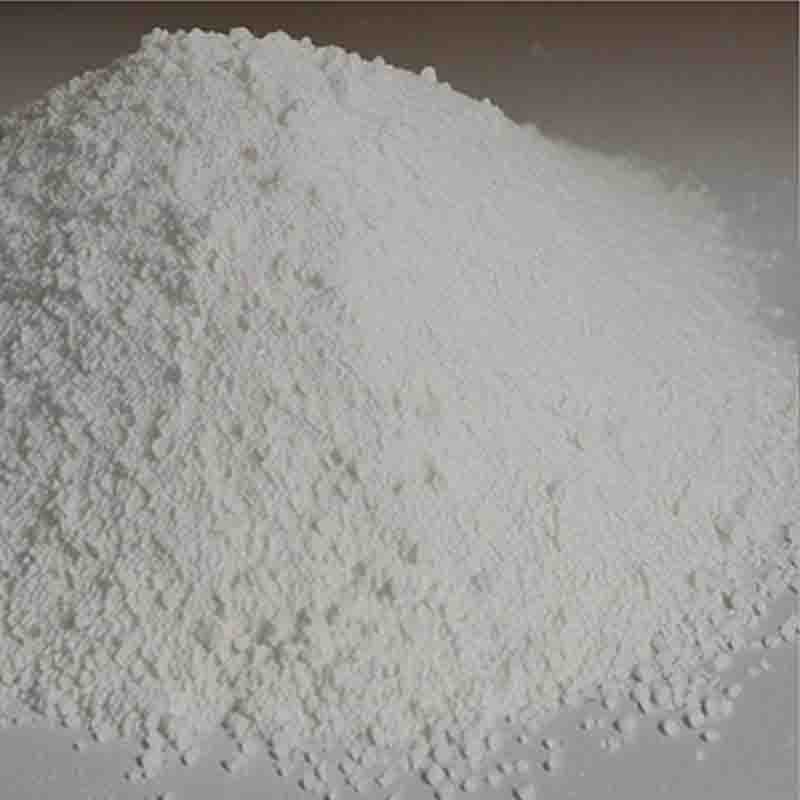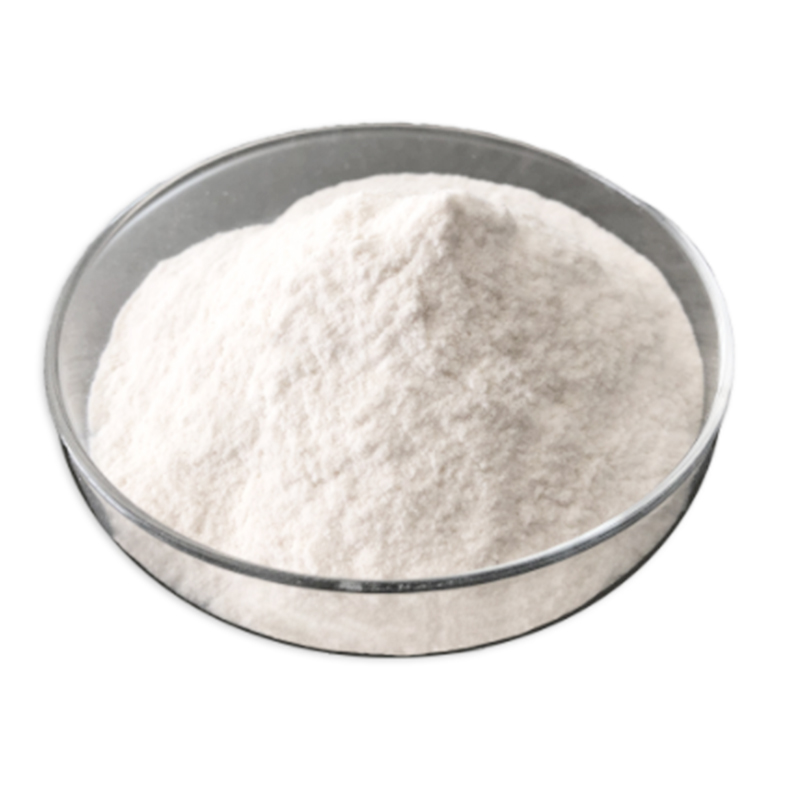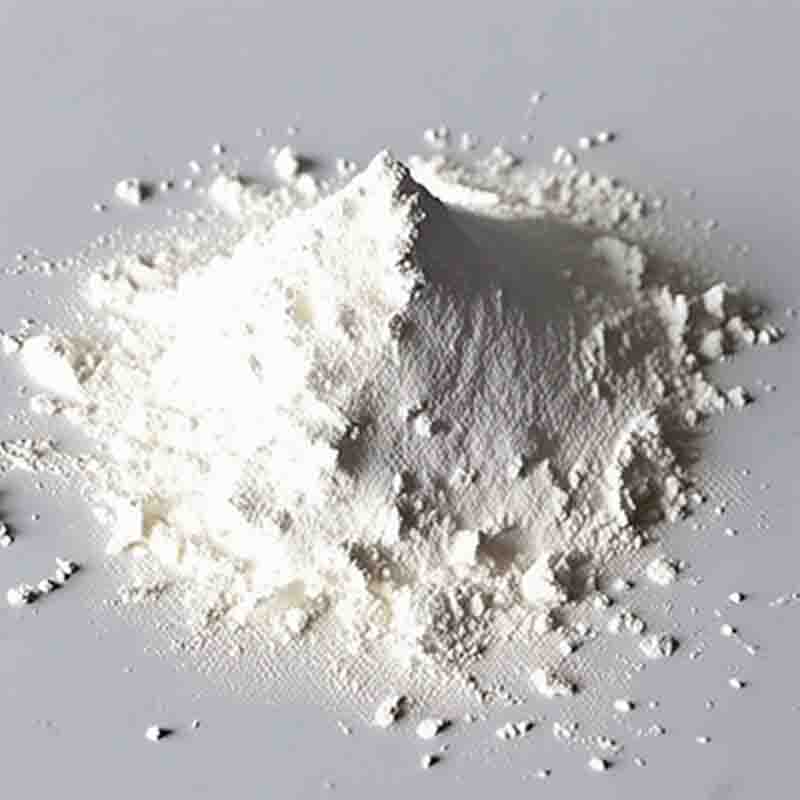2,4-Difluorothiophenol CAS:1996-44-7
| Catalog Number | XD94989 |
| Product Name | 2,4-Difluorothiophenol |
| CAS | 1996-44-7 |
| Molecular Formula | C6H4F2S |
| Molecular Weight | 146.16 |
| Storage Details | Ambient |
Product Specification
| Appearance | White powder |
| Assay | 99% min |
2,4-Difluorothiophenol is a chemical compound that has sparked interest due to its potential effects and applications in various fields. This particular compound, with its unique structure and properties, offers intriguing possibilities worth exploring.One of the noteworthy effects of 2,4-Difluorothiophenol is its potential as a versatile building block in organic synthesis. Fluorine substitution in organic molecules can significantly alter their reactivity and physical properties, making them valuable for the development of pharmaceuticals, agrochemicals, and other functional materials. By utilizing 2,4-Difluorothiophenol as a starting material, researchers can synthesize a wide range of fluorinated compounds with tailored properties and enhanced functionalities.Moreover, 2,4-Difluorothiophenol has drawn attention for its potential applications in medicinal chemistry. Fluorine substitution in drugs often leads to improved metabolic stability, enhanced binding affinities, and reduced toxicity. These advantages have made fluorinated compounds an attractive area of research for the development of new drugs. Consequently, 2,4-Difluorothiophenol serves as a valuable intermediate in the synthesis of biologically active compounds and pharmaceuticals with improved efficacy and safety profiles.In addition to its role in organic synthesis and drug development, 2,4-Difluorothiophenol exhibits intriguing properties as a ligand in coordination chemistry. Transition metal complexes are widely used as catalysts in various chemical transformations. By incorporating 2,4-Difluorothiophenol as a ligating agent in these complexes, researchers can enhance their catalytic efficiency and selectivity in a range of reactions. This makes 2,4-Difluorothiophenol a promising compound for the design and development of novel catalytic systems for organic synthesis.Furthermore, 2,4-Difluorothiophenol has potential applications in materials science. The introduction of fluorine atoms in various materials can modify their properties, such as thermal stability, hydrophobicity, and electronic properties. By incorporating 2,4-Difluorothiophenol into the synthesis of functional materials, researchers can tailor their properties to meet specific requirements for applications in areas such as optoelectronics, organic electronics, and other advanced technologies.In summary, 2,4-Difluorothiophenol exhibits intriguing effects and potential applications. These include its role as a building block in organic synthesis, its significance as an intermediate in medicinal chemistry, its use as a ligand in coordination chemistry, and its potential applications in materials science. The distinct properties of 2,4-Difluorothiophenol make it a promising compound for further exploration and investigation in these areas, with the potential to contribute to advancements in various fields.









